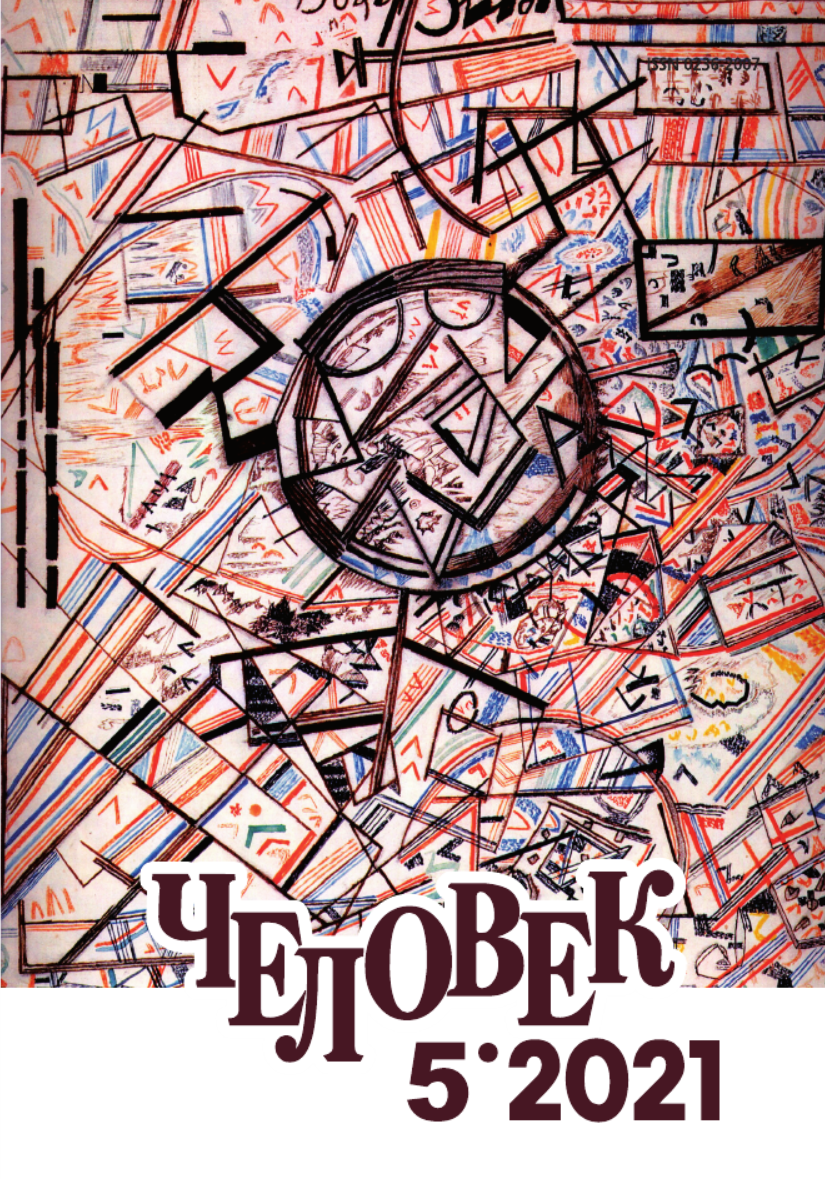On the Role of the Comical in Valery Podoroga's Project of Anthropology of Power
Keywords:
anthropology of power, “the sublime after the fall”, comical, laugh, grotesque, gender, transgressionAbstract
The article analyzes the concepts of comic and laugh in some texts by V.A. Podoroga on anthropology of power, and his view on critical potential of the comic for the philosophical analysis of modern politics and culture. Based on Podoroga's study of M.M. Bakhtin’s theory of laughter culture, grotesque images of corporeality by A. Artaud, A.F. Losev and S. Eisenstein, author argues that Podoroga understands the comic in the context of his theory of the phenomenology of body in which the laughter is associated with the grotesque, when the funny manifests itself in inseparability from the terrible and horrible. The article examines how Podoroga's concept of grotesque correlates with thoughts about the comic and laughter of A. Bergson and Ljubljana philosophical school (S. Zižek, A. Zupancic). It is argued that the prohibition on reading the experience of transgressive corporeality and sexuality (texts of A. Artaud, A.F. Losev and drawings of S. Eisenstein) in terms of the comic, introduced by Podoroga, is canceled when he understands sex not as a sign, a symbol of the sublime, but as a social construct, gender. It is revealed that in the case of gender study of the anthropology of power by Podoroga on the example of post-soviet gender identities and strategies of hegemonic masculinity (on the example of reading M. Proust by M.K. Mamardashvili) he is applying similar to Zižek's strategies of comization, emphasizing the moment of transgression in the comic.






